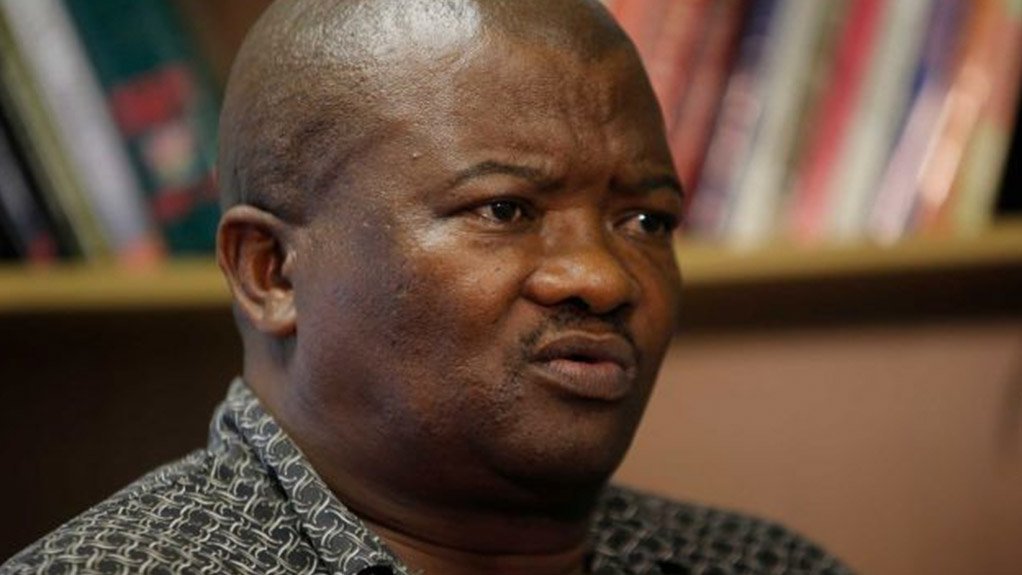The United Democratic Movement (UDM) wants the Constitutional Court to force Parliament to use a secret ballot for the protection of African National Congress members when MPs vote in a motion of no confidence against President Jacob Zuma next Tuesday.
The motion, which has seen opposition parties unite, is due to be debated in Parliament on Tuesday, April 18.
It follows Zuma's decision to reshuffle his Cabinet last week when he fired five ministers including former finance minister Pravin Gordhan and his deputy Mcebisi Jonas.
The decision to change his Cabinet saw the country downgraded to junk status by two international ratings agencies.
The UDM court papers filed with the court argue that the secret ballot will protect African National Congress (ANC) MPs who risk losing their seats if they vote in support of the motion.
"ANC MPs who support the motion will be placed in an intolerable and unconstitutional position. If they follow their conscience and vote for the motion of no confidence, they will almost certainly be disciplined and likely expelled from the ANC and lose their seats in Parliament," said UDM leader Bantu Holomisa in court papers.
He said this would not only have adverse consequences for the MPs personally, but will mean that the National Assembly and the public are deprived of their services and contribution.
Election through secret ballot
Holomisa said that a secret ballot should be used for the motion as members of the National Assembly elect a president through a secret ballot.
"It follows by implication that when those members are to express a lack of confidence in the president and remove him from that position, a secret ballot must similarly be used."
Holomisa said it would be unconstitutional if the rules of the National Assembly preclude the secret ballot.
"The application does not seek to prescribe to the National Assembly how to run its affairs. It merely seeks to establish that the decision of the Speaker that the Constitution and rules prohibit a motion of no confidence being determined by secret ballot is not sustainable or consistent with our Constitution."
Last week Speaker Baleka Mbete, who is listed as a respondent alongside Zuma and 12 other opposition parties, said she had no powers to decide if a motion of no confidence should be conducted through a secret ballot or not.
"Voting procedures in the assembly are determined by the Constitution and the rules of the assembly," Mbete said in rejecting the UDM's response on Friday.
Financial, economic crisis
She was responding to a letter from the UDM's lawyers demanding a secret ballot for the motion of no confidence against Zuma.
"Your client's demands that the motion of no confidence be determined by way of secret ballot cannot be acceded to, as it does not have any basis in law," Mbete told the UDM.
The UDM wants the court to hear the case urgently, before April 18. It said if the court is unable to hear the matter before then, it requests that the motion be postponed by a week to April 25.
The party said the motion is urgent as Zuma's decision to change his executive has plunged the country into an economic and political crisis.
The party also lists the recent ratings downgrades of the country's economy to junk status, arguing they would not only affect those who participate at the highest levels of the financial economy, but that the worst effects will be felt by ordinary people.
EMAIL THIS ARTICLE SAVE THIS ARTICLE
To subscribe email subscriptions@creamermedia.co.za or click here
To advertise email advertising@creamermedia.co.za or click here











